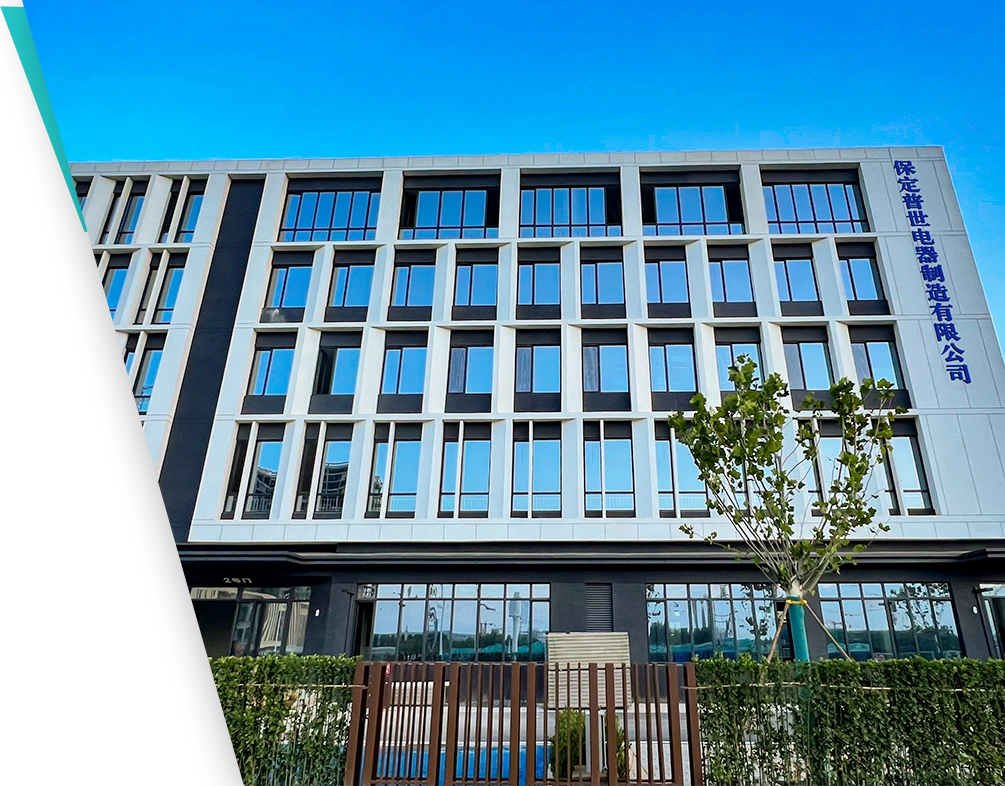 English
English


Compact Gas Chromatography Instrument for Efficient On-Site Analyzing of Gaseous Samples
The Portable Gas Chromatograph Revolutionizing Field Analysis
In the realm of analytical chemistry, gas chromatography (GC) plays a pivotal role in separating and analyzing compounds that can be vaporized without decomposition. Its applications span various industries including environmental monitoring, food safety, and forensic analysis. The emergence of portable gas chromatographs (PGCs) has revolutionized the field by allowing scientists and technicians to perform complex analyses outside of traditional laboratory settings.
What is a Portable Gas Chromatograph?
A portable gas chromatograph is a compact, often battery-operated instrument that enables the analysis of gaseous samples in real-time. Unlike traditional gas chromatography setups, which are typically large and require a controlled environment, PGCs are designed for mobility and ease of use. These devices come equipped with advanced sensors, microprocessors, and user-friendly interfaces that make them accessible to both experienced chemists and field technicians.
Key Advantages of Portable Gas Chromatographs
1. Real-Time Analysis One of the most significant benefits of PGCs is their ability to provide immediate results. Field operators can analyze air quality, hazardous gases, or food samples on-site, reducing the time necessary for transporting samples back to the lab.
2. Mobility The compact design of PGCs allows for easy transportation to remote locations such as industrial sites, environmental monitoring stations, or accident scenes. This mobility is crucial for timely decision-making in emergency situations, such as gas leaks or pollution incidents.
3. Cost-Effectiveness By reducing the need for extensive laboratory equipment and facilities, PGCs can lower operational costs. This is particularly beneficial for smaller organizations or projects with budget constraints.
4. Versatility Portable gas chromatographs can analyze a wide variety of compounds, from volatile organic compounds (VOCs) to specific gases like methane or carbon dioxide. Their adaptability makes them suitable for various applications, including environmental assessments, food quality control, and safety inspections in industrial processes.
portable gas chromatograph

Applications of Portable Gas Chromatographs
1. Environmental Monitoring PGCs are increasingly used to measure air quality in urban areas, assess emissions from factories, and monitor hazardous waste sites. By detecting pollutants quickly, these instruments aid in the prompt mitigation of environmental risks.
2. Forensic Science In forensic investigations, the ability to analyze volatile substances found at a crime scene is invaluable. PGCs can identify chemical residues, such as those from explosives or drugs, directly on location, expediting the investigative process.
3. Food Safety Ensuring the safety of food products is paramount in the food industry. PGCs can be employed to test for contaminants, spoilage gases, and residues of pesticides or additives. This ensures compliance with safety regulations and maintains consumer trust.
4. Research and Development In laboratory settings, PGCs facilitate field experiments, allowing researchers to collect and analyze data in real-time. This capability enhances the understanding of various chemical processes under different environmental conditions.
The Future of Portable Gas Chromatography
As technology advances, the capabilities of portable gas chromatographs will continue to improve. Future developments may include enhanced sensitivity, miniaturization, and integration with artificial intelligence for data analysis. Such innovations promise to further expand the applications of PGCs, making them an indispensable tool in a wide array of fields.
In conclusion, the portable gas chromatograph is not just a tool for analysis; it represents a paradigm shift in how we approach chemical assessment in the field. Its ability to provide timely and accurate results directly influences public safety, environmental health, and industrial efficiency. As these instruments evolve and become more ubiquitous, they are set to play a critical role in addressing the challenges of modern science and technology.
-
Differences between open cup flash point tester and closed cup flash point testerNewsOct.31,2024
-
The Reliable Load Tap ChangerNewsOct.23,2024
-
The Essential Guide to Hipot TestersNewsOct.23,2024
-
The Digital Insulation TesterNewsOct.23,2024
-
The Best Earth Loop Impedance Tester for SaleNewsOct.23,2024
-
Tan Delta Tester--The Essential Tool for Electrical Insulation TestingNewsOct.23,2024





